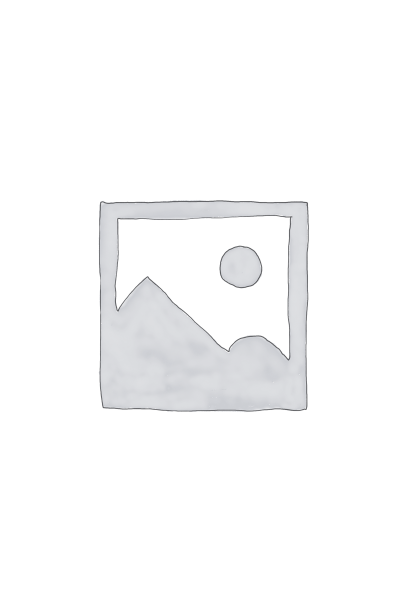Description
This book investigates the introduction of invasive species and their behavior in oceanic islands. How can we define invasive species? What is their history? How did they come to dominate and transform ecosystems? These are relevant questions when trying to understand the behavior of invasive species-primarily in fragile ecosystems such as islands-and to understand the biological, ecological, social and economic impacts of invasions. We chose the Galapagos Islands, a place well-known to be unique in the study of evolution, as a laboratory to analyze the interactions between invasive and endemic species, to understand the makeup of the ecosystems emerging after invasions have occurred, to describe the relationships of invasives with the people that live in these islands, and to try to develop comprehensive analyses on this topic from multi-scalar and multi-disciplinary points of view. For a long time, the discussion has been about how proper management of the species could achieve two main goals: the eradication of the species to recover affected ecosystems and the conservation of endemic species. The discussion has taken on other nuances, including the suggestion that an invasive species, when it is already adapted to an ecosystem, forms an integral part of it, and thus eradication would in itself go against conservation. On the other hand, some invasive species are not only part of the biological compound of the island ecosystems, but they also form part of the social and cultural history of the inhabited islands. Some of these identified by the local inhabitants are species of real or potential economic value. Mara de Lourdes Torres, Ph.D. Vicedecana, Coordinadora Biotecnologa Colegio de Ciencias Biolgicas y Ambientales, COCIBA Universidad San Francisco de Quito T: (+593) 2 297-1700 ext. 1746 E-mail: ltorres@usfq.edu.ec Diego de Robles y Va Interocenica, Quito, Ecuador Carlos F. Mena Colegio de Ciencias Biolgicas y Ambientales, COCIBA Universidad San Francisco de Quito T: (+593 2) 297-1700, ext. 1866 E-mail: cmena@usfq.edu.ec


